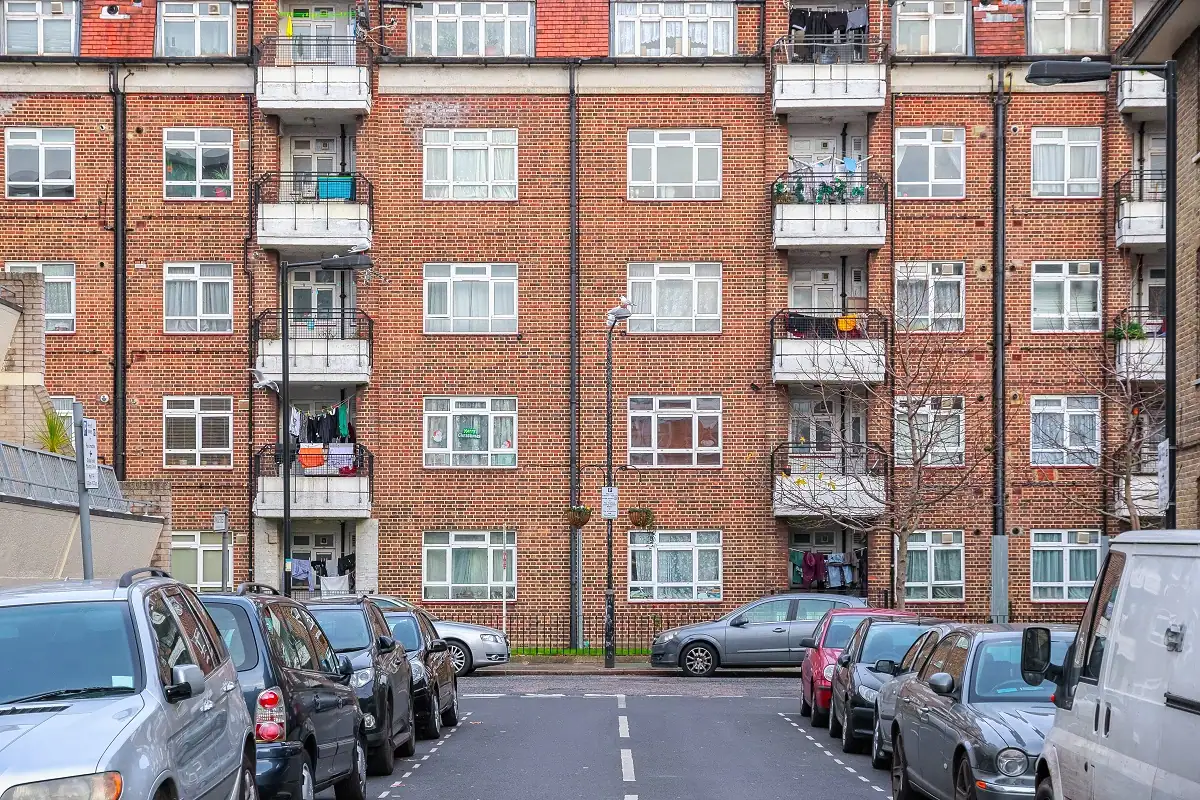
Can My Neighbour Object to My Permitted Development Rights?
One of the most frequent concerns for property owners considering construction projects is whether a neighbour’s objection can prevent permitted development. The short answer is no, but neighbours may still influence planning decisions under certain conditions.
Here’s a comprehensive guide from Studio20 Architects to help you navigate potential objections and ensure a smooth process for your project.
Can a Neighbour Block My Planning Application?
No, a neighbour’s objection cannot outright block your planning application. Applications are reviewed by planning officers, who evaluate:
- Impact Assessment: Does the proposed development negatively affect the neighbours or environment?
- Local Policies: Does the project align with established guidelines?
In some cases, if multiple objections are raised, a planning committee may be involved to ensure democratic evaluation of the concerns. Ultimately, the planning officer’s assessment remains the primary decision-making authority.
Common Reasons for Neighbour Objections
- Disruptive Construction Works
Neighbours may object if:
- Construction causes physical damage to their property (e.g., foundation cracks).
- The project disrupts their property’s structural integrity or quality of life.
- Freehold Concerns
If your neighbour legally owns the freehold to your property, they can restrict usage or demand compensation for extensions. Always confirm property ownership and consult legal experts before planning.
- Loss of Natural Light
Under the “right to light”, neighbours can object to extensions that block sunlight from their living spaces. If daylight assessments find valid concerns, these may need resolution through compensation.
- Privacy Issues
Permitted development typically disregards privacy objections. However, significant interference (e.g., large windows directly overlooking a neighbour’s property) may lead to challenges.
- Environmental Factors
Dust, debris, and excessive noise can be grounds for neighbour complaints. Although these may not block your project, maintaining minimal disturbance is advisable.
The Party Wall Agreement
If your project affects shared boundaries, you may need to comply with the Party Wall Act 1996. Notices are required for:
- Extensions built within 3 metres of your neighbour’s property.
- Construction involving shared walls or steel beams crossing boundaries.
Responding to notices within 14 days is critical to avoid disputes and delays.
Mitigating Neighbour Objections
To minimize disruptions and ensure smooth approval:
- Early Communication: Inform your neighbours about your plans.
- Address Concerns: Resolve their worries with input from structural engineers or architects.
- Party Wall Act Compliance: Follow proper legal processes for boundary agreements.
Conclusion
While neighbours cannot directly block your planning application, their objections can delay the process or escalate to legal disputes. A proactive approach—combining communication, compliance, and expert advice—ensures a smoother path to project execution.
At Studio20 Architects, we specialize in handling residential planning permissions and addressing neighbour-related concerns. Ready to consult experts for your next project? Let us help you navigate challenges with confidence.
Contact Studio20 Architects for Planning Permission Guidance




